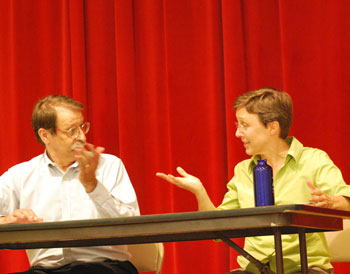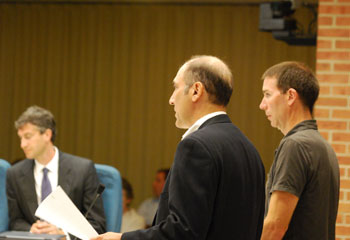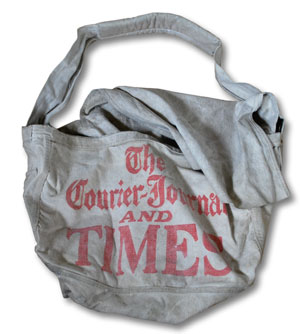Column: Making Sunshine with FOIA
National Sunshine Week started yesterday. That’s not a celebration of daylight saving time, which started the same day. But the two could be connected. Yesterday’s annual conversion to daylight saving time is supposed to give everyone some extra literal sunshine toward the end of the day. Sunshine Week is an occasion to remind ourselves of the extra figurative sunshine in our governance – ensured in many states through legislation enacted in the 1970s.

Assertion of the attorney-client privilege can, on occasion, inappropriately shield public records from view. This column shines a light on the subject by considering such a case.
Sunshine Week is an occasion to remind ourselves that open government is good government.
Michigan has two laws that are key to open government: the Open Meetings Act (OMA) and the Freedom of Information Act (FOIA). Both of these laws rely crucially on good faith. For example, the FOIA allows a public body to deny access to certain public records – like those that are protected by the attorney-client privilege.
If a record is requested and then denied based on the attorney-client privilege, a requester has no way of judging whether the assertion of privilege is appropriate. A requester relies on the good faith of government officials that privilege is not inappropriately extended to records that are not in fact protected by privilege. A requester can resort to a lawsuit, which under Michigan case law can result in the review of the records by a judge to confirm – or refute – the public body’s assertion of privilege. But few requesters have the wherewithal to file a lawsuit over a FOIA denial.
Here at The Ann Arbor Chronicle, we’re celebrating Sunshine Week by laying out a recent occasion when we requested records under the FOIA, were denied the records, appealed to the city administrator, were denied under the appeal, but then were able to obtain some of the records by other means. The record in question is an email written by Ann Arbor city attorney Stephen Postema. This provides an opportunity to evaluate independently, without filing a lawsuit, whether the city inappropriately asserted attorney-client privilege in denying access to a record.
We consulted on the matter with an attorney, Marcia Proctor, who agreed to analyze the relevant factors in a hypothetical scenario. Proctor is former general counsel of the Michigan Bar Association, a specialist in legal ethics, whose practice specializes in professional responsibility for lawyers and judges.
We first present the hypothetical scenario, followed by a brief discussion of the relevant factors in the scenario identified by Proctor. We then present the text of the email and apply the various tests outlined by Proctor. We reach the conclusion that the city inappropriately asserted attorney-privilege to the document.
We then evaluate whether a different exemption provided by the FOIA might apply. That exemption allows a public body to withhold communications internal to the body – to the extent that they are non-factual and preliminary to a final decision by the body. In the balancing test prescribed by the state statute, we reach a different conclusion than the city did: We think the public interest in disclosure outweighed any interest the city had in shielding this frank internal communication from public view.
Finally, we urge the city council to weigh in on the city’s administrative policy on FOIA response, which is currently being revised. It’s important for councilmembers to set the overarching principle that guides the city’s FOIA responses. And we think that guidance should be biased in favor of disclosure. [Full Story]






